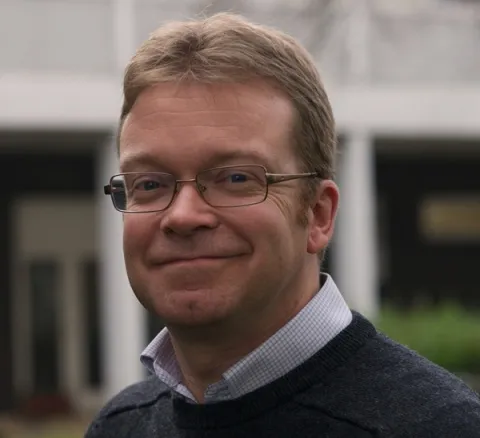About the project
Oceanic islands are often regarded as key early indicators or microcosms of the impacts of global heating, but they also are impacted by a wider range of human impacts, including introduction of invasive species, accelerated soil erosion, and pollution. This accelerated human impact, particularly from the 1950s during the “Great Acceleration” of global anthropogenic impacts (the beginning of the proposed Anthropocene epoch), is overprinted however on centuries of earlier human impact and natural environmental change [1]. Local sedimentary systems record evidence of these changes in their morphology, sediments, chemistry and fossils [2], and are key archives of longer-term and more recent human impacts and environmental changes. This project will examine the use of recent sedimentary deposits from around the Hawaiian archipelago in identifying the putative Anthropocene, and distinguishing it from earlier sedimentary, geochemical and biological variability. In effect, it will identify whether there is a clear trajectory in the sedimentary record that shows that envelopes of Holocene variability have been left behind, and assess the implications of this for future environmental management in the Hawaiian archipelago and similar island systems.
For full project details visit the Inspire project page.
Supervisors:
- Professor Andrew Cundy (University of Southampton)
- Professor David Sear (University of Southampton)
- Professor James Goff (University of Southampton)
- Professor Paul Hughes (University of Southampton)
